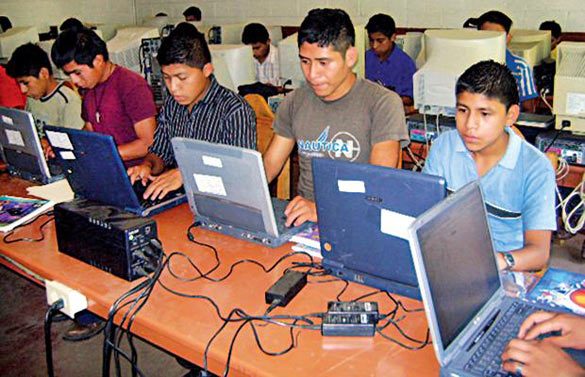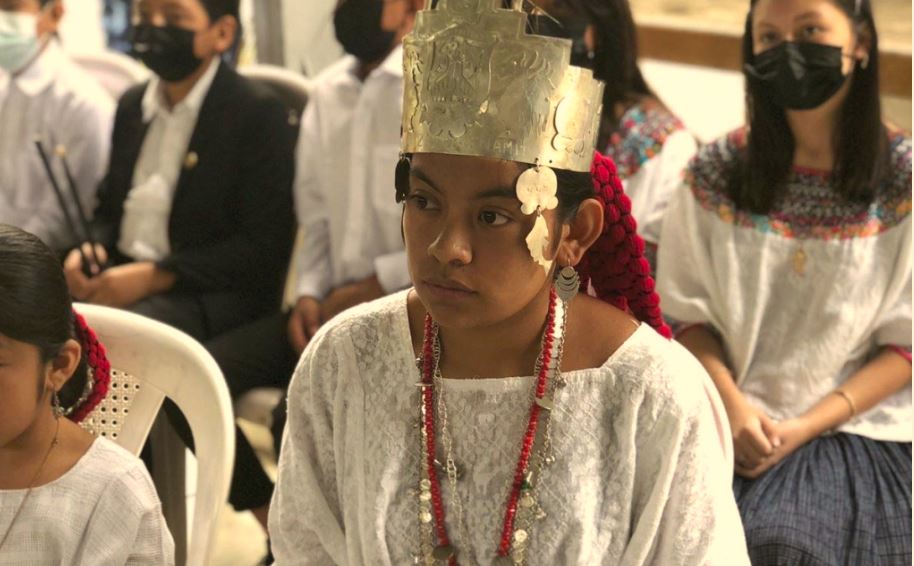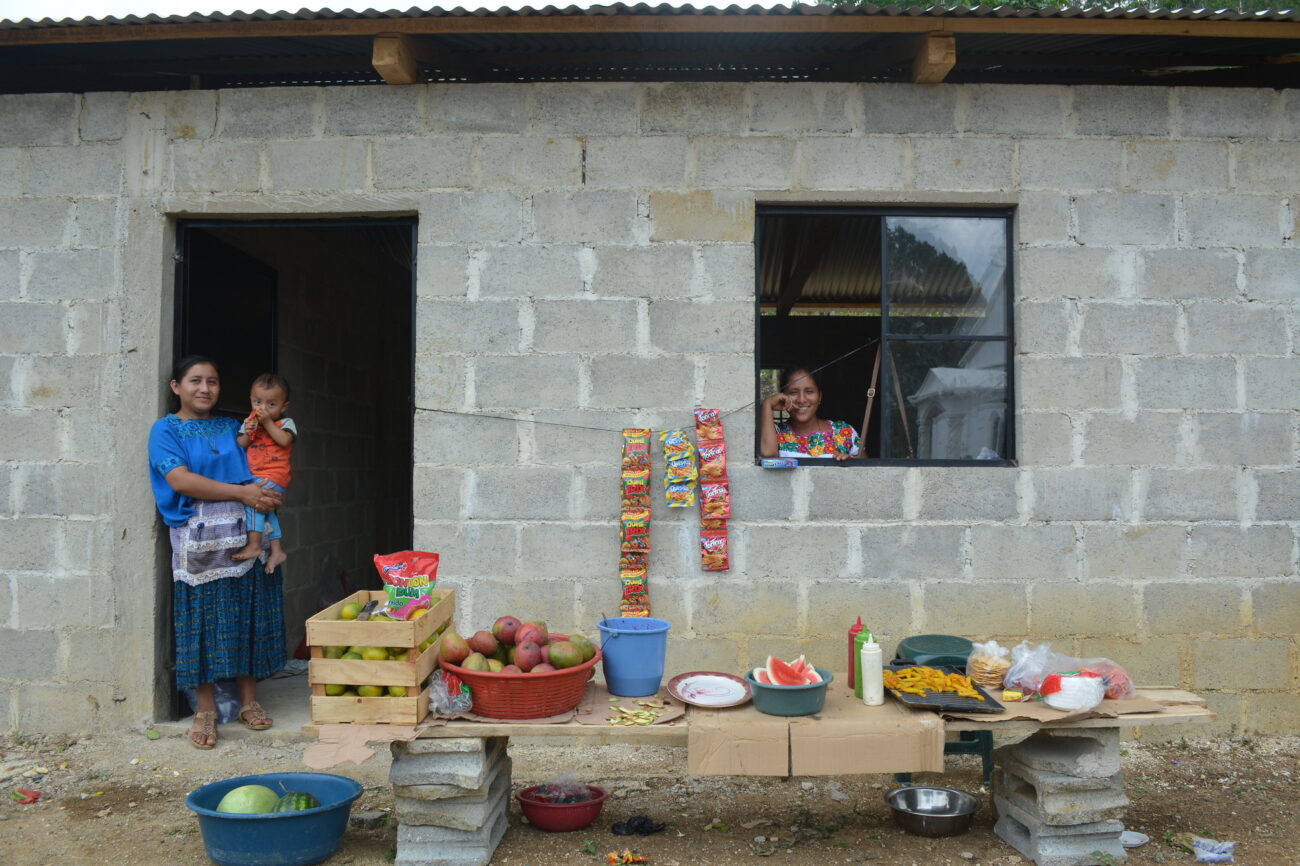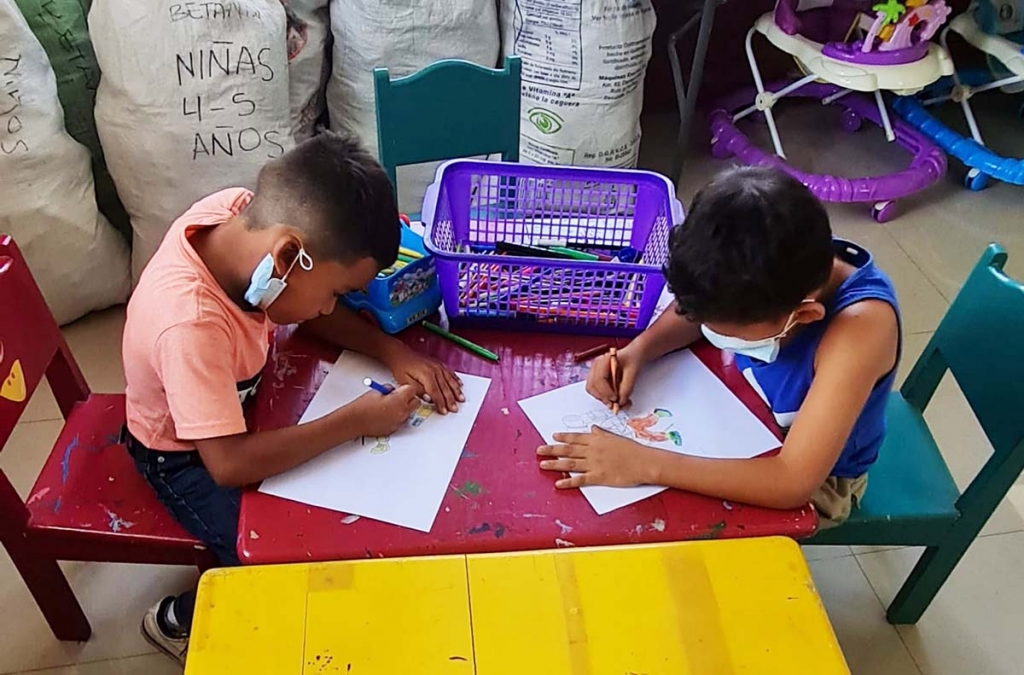GUATEMALA: More Than 800 Indigenous Q’eqchi (Mayans) Receive Technical Training at Don Bosco Center

(MissionNewswire) More than 800 indigenous Q’eqchi (Mayans) in remote mountainous regions of Guatemala are participating in a three-year course at a Salesian-run Don Bosco Center in the area. The course includes basic academic classes in addition to technical training that gives students employable skills to help them find jobs in their communities.
Rural life in Guatemala is often associated with extreme poverty. However, rural Q’eqchi are among those in the community looking to improve their lives. Through Salesian programs, Q’eqchi are learning new skills that can lead to additional income for their families while increasing the capacities of their communities.
The Don Bosco Center is the male counterpart to a local educational project for girls known as Talita Kumi which was started by a Salesian missionary from India, Father Jorge Puthenpura, and is now run by the Salesian Sisters of the Resurrection. This program works to raise the status of women and empower them to become household and community decision-makers.
“Both of these educational efforts are part of the much broader mission developed by the Salesian community in Guatemala,” says Father Mark Hyde, executive director of Salesian Missions, the U.S. development arm of the Salesians of Don Bosco. “Salesian educational programs have been very successful with the number of schools in the region doubling, allowing for more children than ever before to have the opportunity for a brighter future.”
Under the leadership of Salesian missionary, Father Anthony De Groot, the Don Bosco Center has also developed an extensive teacher training program. Father De Groot came to the Carchá mission in the Alta Verapz region of Guatemala in 1975 and has been helping youth break the cycle of poverty and improve their lives through education ever since.
Upon his arrival in Guatemala, Fr. De Groot was immediately struck by the extreme poverty and deprivation in the mountain communities. What started for him as an effort to provide support to remote villages neglected during a civil war, turned into an educational revolution resulting in the training of hundreds of teachers while offering poor youth a second chance.
“Determined to make a difference, Fr. De Groot began visiting the villages to build hope and offer support,” adds. Fr Hyde. “After a while, he realized much more needed to be done especially for the sake of the children. He started to build schools and initiated a teacher training program.”
Today, more than 850 local students are enrolled in a series of teacher training courses. Upon receiving their teaching certificates, these students will go on to teach in some of the 600 villages throughout Guatemala that participate in the program.
Rural poverty hasn’t changed much in Guatemala during the last 20 years, according to the World Bank. Close to 75 percent of the population is estimated to live below the poverty line and almost 58 percent live below the extreme poverty line which the World Bank defines as struggling to afford even a basic basket of food.
For the country’s indigenous population, the poverty rates jump even higher with almost 90 percent facing crippling poverty and few resources. Salesian missionaries have been working in Guatemala for many years, particularly with indigenous populations, to help break the cycle of poverty and provide access to basic needs and education.
###
Sources:
World Bank – Guatemala




